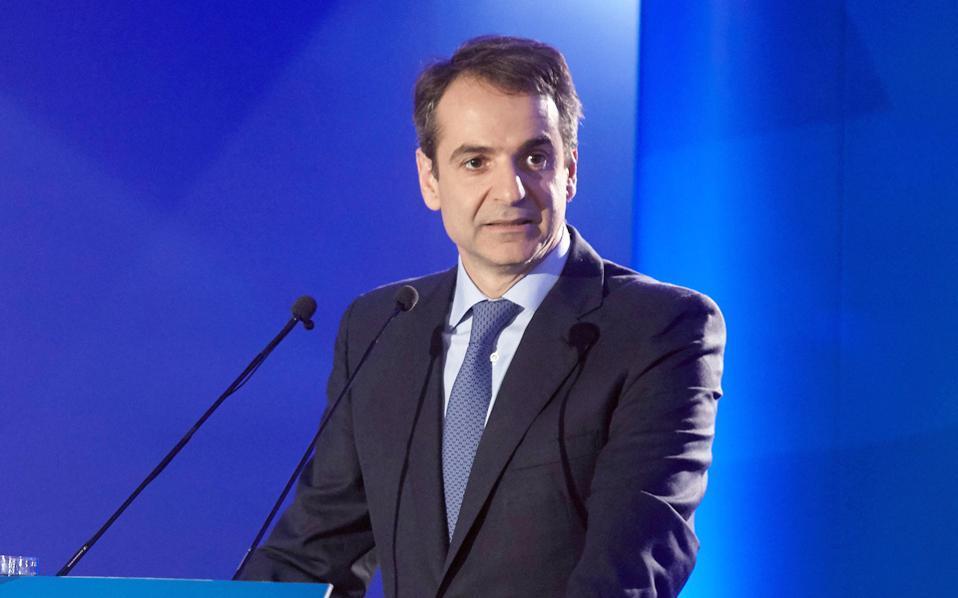Spring is coming: Greece’s relations with Hellenes abroad

Only two months needed to pass after Kyriakos Mitsotakis took over at the helm of Greece for the dynamics of its relationship with worldwide Hellenism to change. He proved, once again, that a “yes, we can” attitude gives us the power to deal with longtime problems – if the right leadership is in place.
The change in climate is already so noticeable that it can be said that we are at the dawn of a new spring in Greece’s relations with worldwide Hellenism.
This phenomenon has come about thanks to the general sense of optimism that now prevails in the homeland and is reviving the nation as a result of an image of a prime minister who is as good, if not better, than his counterparts on the world stage. It also stems from actions aiming to meet the basic needs of our expatriate brothers. Specifically, after a period of damaging governance, the Greek expatriate is relieved to see the takeover of the reins of government in Greece by the “best and brightest.”
The message is clear: Greece has left behind the traumatic period of political experimentation. It is preparing to make a leap of quality economic development. This is, above all, what universal Hellenism seeks from the motherland: It wants its children to feel proud not only of the glory of the classical age of yesterday but also of its achievements today. To a large extent, the tomorrow of universal Hellenism depends on this.
The experiences of expatriates with the quality of services provided by the Greek authorities also has a direct impact on the future of Hellenism.
When the expatriate or diaspora-born Hellene walks into a Greek consulate – there are always exceptions – he is in a very different world than he is used to: It’s a world of suspicion, negativity, frustrations, and sometimes even nasty behavior. Very often the “client” – the Hellene abroad – literally gets involved in an ugly argument with a consular officer, believing – not without reason – that is the only way to protect himself.
Of course the expatriate knows that the authorities in the country where he lives are not perfect. He knows that paradise is not to be found in any country. He is capable of experiencing some understanding and reminds himself to be more patient. But he rightly fears the consequences for his children of such contact with Greece. He is afraid that such encounters will distance them from the motherland. And that bothers him.
It is for these and other reasons, therefore, that it is of importance that, in his address at the Thessaloniki International Fair, the prime minister referred – for the first time in history – to two issues concerning Universal Hellenism:
First, he wants expatriates to be able to vote from their place of residence – more on this major issue in a forthcoming article – and second, he spoke about the consulates. The prime minister said of the consular authorities: “In 2020, there will be a simplification of the framework for targeted policies. These concern… expatriate Greeks, mainly regarding the procedures related to consulates.”
Improving the process and the services offered will not be easy; however, everything is possible when there is passion, patience, and perseverance. When there is a serious effort for a more friendly and modern state. When there is an effort toward a permanent spring in Greek and expatriate relations.
Antonis H. Diamataris is deputy foreign minister for Greeks abroad.





